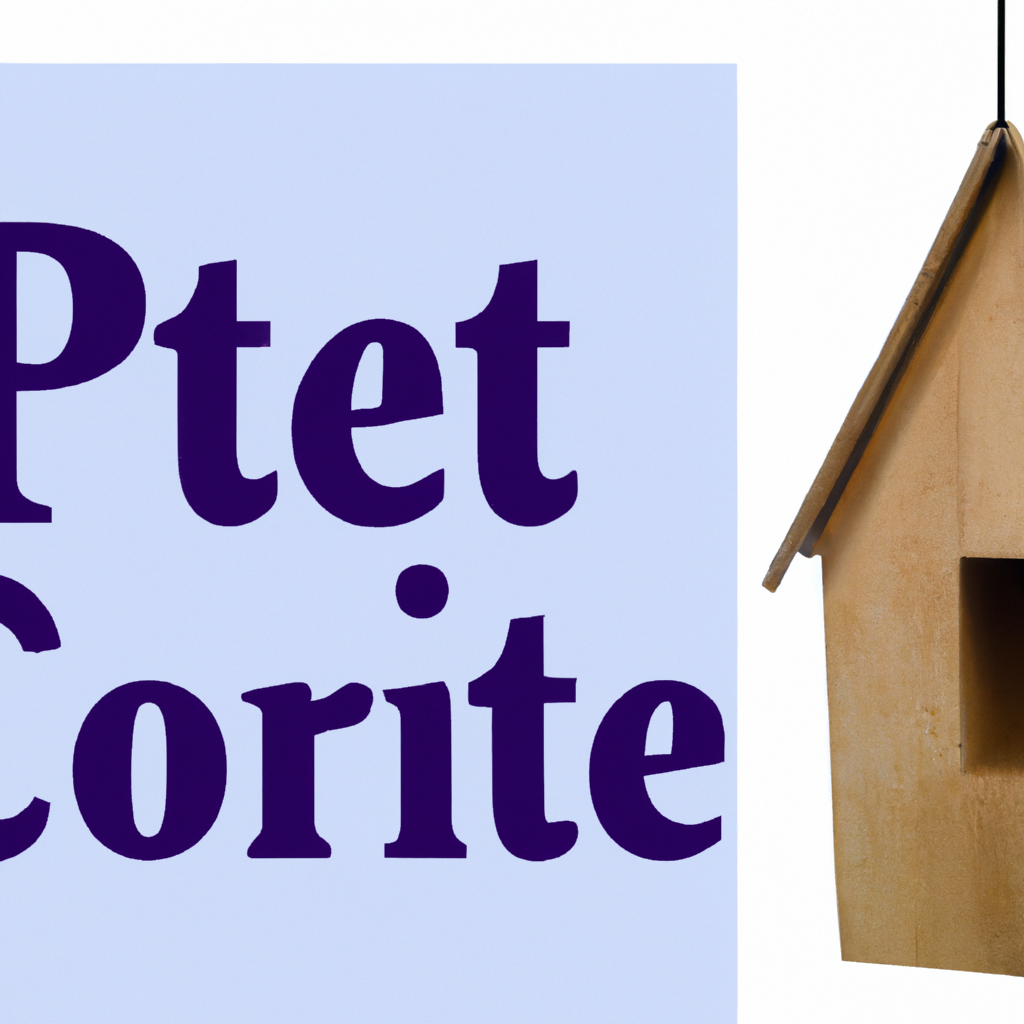Property taxes are a significant aspect of homeownership that can often be complex and confusing, especially for new homeowners or those considering buying property in Cape Breton. This guide aims to demystify property taxes in the region, providing you with all the essential information you need to understand your obligations and opportunities.
What are Property Taxes?
Property taxes are annual local taxes levied by municipalities to fund various services such as education, road maintenance, and public safety. In Cape Breton, like in other parts of Nova Scotia, property taxes are a crucial source of revenue for municipal governments, helping them cover the costs of essential public services.
How Property Taxes are Calculated in Cape Breton
The calculation of property taxes in Cape Breton is primarily based on the assessed value of your property. This value is determined by Property Valuation Services Corporation (PVSC), a not-for-profit organization responsible for assessing all property in Nova Scotia. The assessed value aims to reflect the market value of the property or how much it would likely sell for in a fair and open market.
Once the assessed value is determined, the property tax rate, often referred to as the “mill rate,” is applied. This rate varies depending on the municipality and the services it provides. The formula used is:
Property Tax = Assessed Value x (Mill Rate / 1000)
For example, if your home is assessed at CAD 250,000 and the mill rate is 1.25, your annual property tax would be calculated as follows:
CAD 250,000 x (1.25 / 1000) = CAD 312.5
Understanding Your Tax Bill
Your property tax bill in Cape Breton typically includes several components aside from the basic municipal tax. These can include charges for water, sewer, and other municipal services. Additionally, there may be area rates applicable to your property which cover services specific to your area such as improvements to local infrastructure.
Important Dates for Property Taxes in Cape Breton
Property tax bills are usually issued twice a year in Cape Breton. The first bill is typically mailed in April and due in May, while the second bill is mailed in September and due in October. It’s important to pay attention to these dates as late payments can result in interest charges. Many municipalities offer various payment methods, including online payments, which can help you manage these important deadlines more conveniently.
Appealing Your Property Assessment
If you believe that your property has been incorrectly assessed, you have the right to appeal the assessment. This process involves filing an appeal with the PVSC. It’s important to note that you are appealing the assessed value of your property, not the tax rate or the tax amount directly. The deadline for filing an appeal is usually within 31 days from the date the assessment notice was sent.
Property Tax Exemptions and Reduction Programs
Cape Breton offers several tax relief programs that can help reduce the property tax burden for qualifying property owners. These programs include reductions for seniors, low-income homeowners, and other eligible groups. Each program has specific eligibility criteria and application processes that you need to follow to benefit from these reductions.
Conclusion
Navigating property taxes in Cape Breton doesn’t have to be a daunting task. By understanding how your property taxes are calculated, knowing important payment dates, and being aware of available tax relief programs, you can manage your property taxes effectively. Remember, property taxes are essential for funding the public services we all rely on, so it’s important to handle them responsibly.
Whether you are a current homeowner or planning to buy property in Cape Breton, staying informed and proactive about property taxes will ensure that you can enjoy your property without any unexpected financial burdens.


